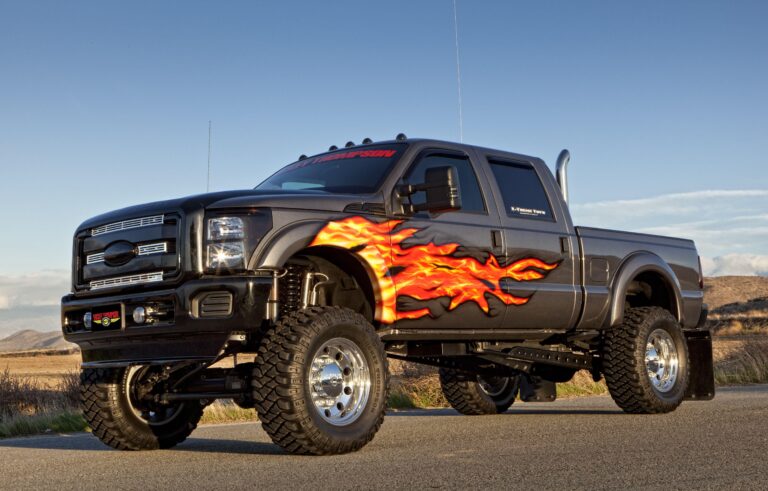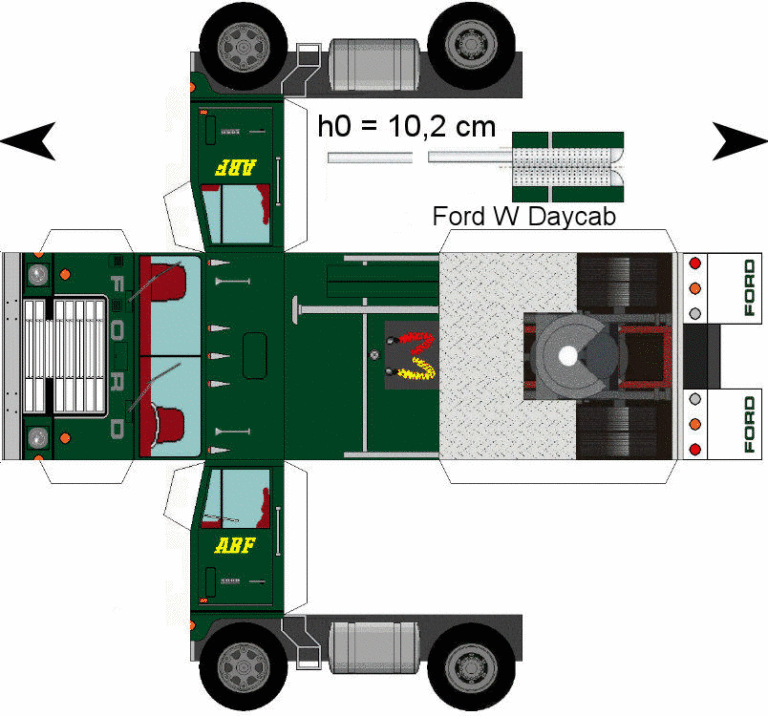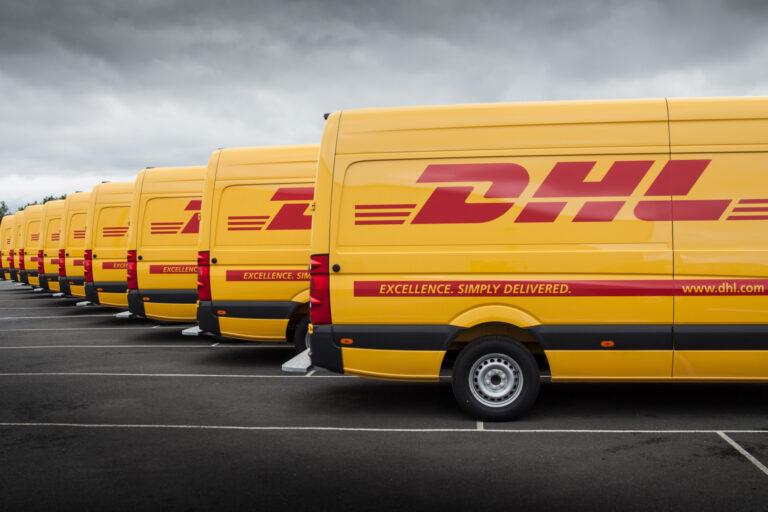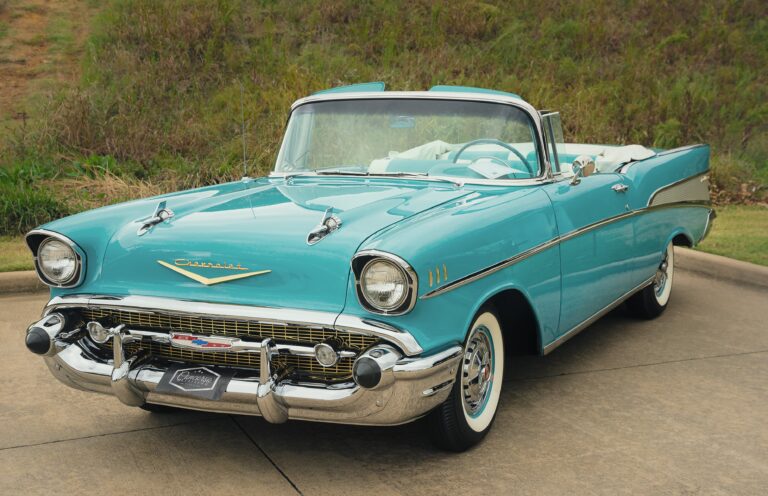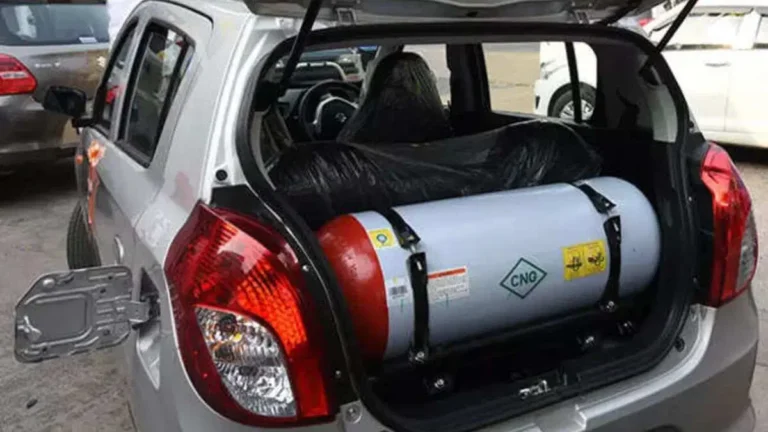Brand New Cars For Sale In South Africa: Your Comprehensive Guide to Driving Off the Lot
Brand New Cars For Sale In South Africa: Your Comprehensive Guide to Driving Off the Lot cars.truckstrend.com
The allure of a brand new car is universal – that distinct new car smell, the pristine paintwork, the latest technology, and the comforting knowledge that you’re the first owner. In South Africa, the market for brand new vehicles is vibrant and diverse, offering everything from economical city runabouts to luxurious SUVs and powerful bakkies. For many South Africans, purchasing a new car represents a significant milestone, a symbol of personal achievement, and a commitment to reliable, safe, and comfortable transportation.
This comprehensive guide delves into the exciting world of brand new cars for sale in South Africa, providing prospective buyers with invaluable insights, practical advice, and a clear understanding of the market dynamics. We’ll explore the benefits of buying new, navigate the purchasing process, highlight key considerations, and address common questions, ensuring you’re well-equipped to make an informed decision.
Brand New Cars For Sale In South Africa: Your Comprehensive Guide to Driving Off the Lot
The Dynamic South African New Car Market Landscape
South Africa’s new car market is a fascinating blend of global brands and local preferences. Dominated by a handful of established players, it also sees a growing presence of new entrants, particularly from Asian manufacturers, offering compelling value propositions.
Key Market Trends:
- SUV Dominance: Sport Utility Vehicles (SUVs) continue to reign supreme across all segments, from compact crossovers to full-size luxury models, driven by their versatility, perceived safety, and higher driving position.
- Rise of Budget-Friendly Brands: Brands like Suzuki, Haval, Chery, and Proton have significantly disrupted the market, offering feature-rich vehicles at highly competitive price points, appealing to a wider demographic.
- Bakkie Power: The pickup truck (bakkie) segment remains robust, essential for both commercial use and as a lifestyle vehicle, with models like the Toyota Hilux and Ford Ranger consistently topping sales charts.
- Increasing Interest in Electrification: While still nascent, the electric vehicle (EV) and hybrid market is slowly gaining traction, with more models becoming available, albeit at a premium.
- Economic Influences: Factors such as interest rates, fuel prices, and the Rand’s exchange rate against major currencies significantly impact vehicle pricing and consumer purchasing power.

Leading brands in the South African new car market include Toyota, Volkswagen, Suzuki, Hyundai, Ford, Haval, Chery, BMW, Mercedes-Benz, and Audi, each catering to different segments and consumer needs.
Why Choose a Brand New Car? Unpacking the Benefits
While the used car market offers undeniable value, purchasing a brand new vehicle comes with a host of distinct advantages that often justify the initial premium:
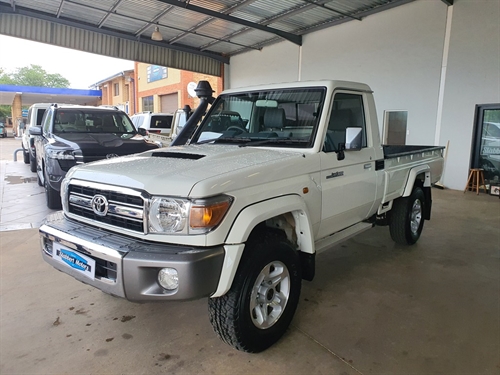
- Peace of Mind & Reliability: A new car comes with zero mileage and a clean slate. You don’t have to worry about previous accidents, hidden mechanical issues, or deferred maintenance.
- Manufacturer Warranty: All new cars in South Africa are sold with a comprehensive manufacturer warranty, typically covering mechanical and electrical faults for a specified period (e.g., 3 years/100,000 km). This provides significant financial protection against unexpected repairs.
- Service Plans & Maintenance Contracts: Many new cars include a service plan (covering scheduled services) and/or a maintenance plan (covering services and wear-and-tear items) for a set duration, significantly reducing running costs in the initial years.
- Latest Technology & Features: New models incorporate the most recent advancements in safety (e.g., advanced driver-assistance systems – ADAS), infotainment (e.g., large touchscreens, smartphone integration), and comfort features.
- Fuel Efficiency & Emissions: Newer engines are generally more fuel-efficient and produce lower emissions, saving you money at the pump and being kinder to the environment.
- Customisation Options: When buying new, you often have the opportunity to choose your preferred colour, trim level, optional extras, and accessories, tailoring the car to your exact specifications.
- Strong Resale Value (Initially): While depreciation is highest in the first year, a well-maintained new car with a full service history tends to fetch a better price in the long run compared to a used car of similar age that may have a less certain history.
- The "New Car" Experience: There’s an undeniable emotional satisfaction and pride that comes with being the first owner of a brand new vehicle.
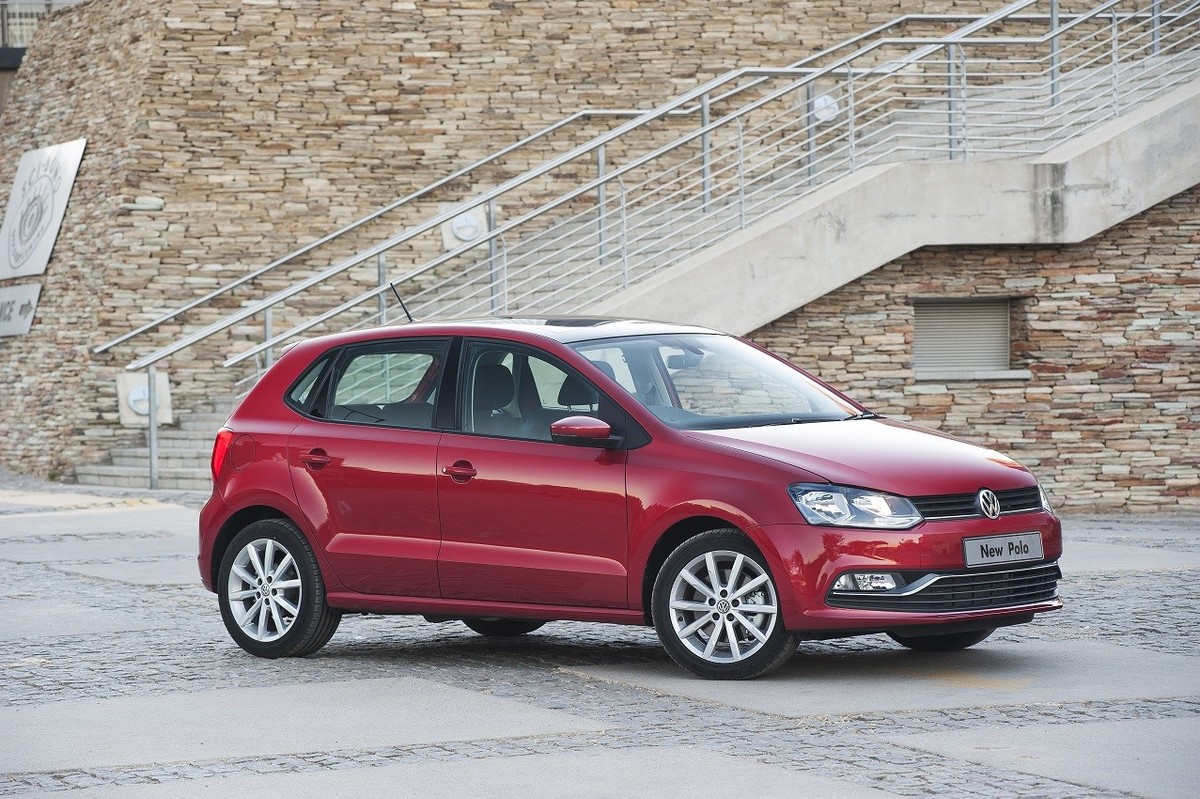
Navigating the Purchase Process: A Step-by-Step Guide
Buying a new car is a significant financial decision. Following a structured approach can make the process smoother and more rewarding:
1. Budgeting and Financing: Know Your Limits
- Determine Affordability: Look beyond the monthly instalment. Factor in a deposit (if applicable), insurance premiums, fuel costs, potential maintenance (after plan expires), and licensing fees. A general rule of thumb is that your car expenses (instalment + insurance + fuel) shouldn’t exceed 20-25% of your net monthly income.
- Explore Financing Options:
- Traditional Bank Loan: Fixed or variable interest rates, typically over 60 or 72 months.
- Balloon Payment: A portion of the loan is deferred to a large lump sum payment at the end of the term, resulting in lower monthly instalments but requiring a plan for the balloon payment (refinance, trade-in, or pay cash).
- Lease Agreements: Less common for private buyers in SA, but an option for businesses.
- Get Pre-Approved: Before you even visit a dealership, get pre-approved for financing from your bank. This gives you a clear budget and negotiation leverage.
2. Research and Selection: Finding Your Perfect Match
- Assess Your Needs: How many passengers? What’s your daily commute like? Do you need cargo space? Off-road capability?
- Compare Models and Brands: Use online resources, car magazines, and review sites to compare features, safety ratings, fuel economy, and reliability of different models within your budget.
- Read Reviews and Watch Comparisons: Learn from the experiences of other owners and automotive journalists.
- Shortlist and Test Drive: Select 2-3 models that fit your criteria and schedule thorough test drives. Pay attention to driving dynamics, comfort, visibility, and how the technology feels. Don’t be afraid to test drive multiple variants of the same model (e.g., different engine sizes or trim levels).
3. Dealer Engagement and Negotiation: Getting the Best Deal
- Find Reputable Dealerships: Choose dealerships with good online reviews and a strong local presence.
- Understand Standard vs. Optional Extras: Be clear on what comes standard with the model/trim level you’re interested in versus what are optional add-ons that increase the price.
- Negotiate the Price: While new car prices are generally fixed, there’s often room for negotiation on:
- The "On-the-Road" Costs: These include licensing, registration, delivery, and admin fees. They can sometimes be reduced or absorbed by the dealer.
- Trade-in Value: If you have a car to trade in, research its market value beforehand.
- Optional Extras: Dealers might offer discounts on accessories or extended warranties.
- Special Promotions: Look out for manufacturer-backed specials, discounts, or bundled deals.
- Get a Written Offer: Ensure all agreed-upon terms, prices, and inclusions are clearly detailed in a written purchase agreement before signing.
4. Paperwork and Delivery: The Final Steps
- Required Documents: You’ll need your ID, driver’s license, proof of address, and proof of income for financing.
- Insurance: Arrange comprehensive car insurance before taking delivery. Your financier will require it.
- Vehicle Registration: The dealership typically handles the registration of the vehicle in your name with the relevant authorities.
- Pre-Delivery Inspection (PDI): Before driving off, thoroughly inspect the car for any scratches, dents, or missing items. Ensure all features work as expected.
Key Considerations When Buying New
Beyond the purchase price, several factors contribute to the total cost of ownership and your overall satisfaction with a new car:
- Depreciation: This is the single largest cost of new car ownership. New cars lose a significant portion of their value in the first year (often 15-25%) and continue to depreciate thereafter. Choose models known for good resale value if this is a concern.
- Insurance Costs: New cars are generally more expensive to insure due to their higher replacement value and the cost of parts. Get multiple quotes.
- Service & Maintenance Plans: Understand exactly what your included plan covers and for how long. Budget for maintenance once the plan expires.
- Fuel Economy: With fluctuating fuel prices, a more fuel-efficient vehicle can save you considerable money over its lifespan.
- Technological Advancements: While exciting, new tech can sometimes be costly to repair if it goes wrong. Also, consider how future-proof the technology is.
- After-Sales Support: Research the dealer’s reputation for service, parts availability, and customer support.
Types of Brand New Cars Available in South Africa
The South African market caters to diverse needs and budgets:
- Hatchbacks: Compact, economical, and easy to park – ideal for city driving. (e.g., VW Polo Vivo, Suzuki Swift, Toyota Starlet)
- Sedans: More spacious than hatchbacks, often offering a more comfortable ride, though declining in popularity compared to SUVs. (e.g., Toyota Corolla, Hyundai Elantra)
- SUVs (Sport Utility Vehicles): The dominant segment, offering elevated seating, practical space, and often a rugged aesthetic. Available in compact, mid-size, and large variants. (e.g., Haval H6, Chery Tiggo 4 Pro, Toyota Corolla Cross, VW T-Cross, BMW X3)
- Bakkies/Pickups: Indispensable workhorses and popular lifestyle vehicles, offering robust performance and cargo capacity. (e.g., Toyota Hilux, Ford Ranger, Isuzu D-Max)
- Electric Vehicles (EVs) & Hybrids: A growing segment for environmentally conscious buyers, offering reduced running costs (electricity vs. petrol) but with a higher initial purchase price. (e.g., BMW iX3, Mini Cooper SE, Toyota Corolla Cross Hybrid)
- Luxury Vehicles: Premium brands offering sophisticated design, advanced technology, and powerful engines. (e.g., Mercedes-Benz C-Class, Audi A4, BMW 3 Series)
Challenges and Solutions
While exciting, buying a new car can present certain challenges:
- High Prices: New cars are a significant investment.
- Solution: Stick strictly to your budget, consider entry-level models from reputable brands, or explore financing options that align with your long-term financial goals.
- Availability/Waiting Lists: Popular models, especially those imported, can have long waiting periods due to global supply chain issues.
- Solution: Order early, be flexible with colours/trim levels, or consider a slightly less in-demand alternative.
- Interest Rate Fluctuations: Variable interest rates can increase your monthly repayments.
- Solution: Opt for a fixed-rate loan if available, or budget with a buffer for potential rate increases.
- Fuel Price Volatility: High fuel prices impact running costs.
- Solution: Prioritise fuel-efficient models, consider hybrids, or explore EVs if your budget allows.
Practical Advice and Actionable Insights
- Don’t Rush: Take your time researching, test driving, and negotiating. A car purchase is a long-term commitment.
- Test Drive Extensively: Drive on various road types, including highways and urban areas, to get a real feel for the car.
- Get Multiple Quotes: For both financing and insurance, compare offers from different providers to secure the best rates.
- Understand Total Cost of Ownership (TCO): Look beyond the monthly payment. Factor in depreciation, insurance, fuel, and future maintenance.
- Leverage Online Tools: Use manufacturer websites, automotive portals (e.g., AutoTrader, Cars.co.za), and review sites for research and comparison.
- Read the Fine Print: Thoroughly review the purchase agreement, financing terms, and warranty/service plan details before signing anything.
Representative New Car Price Table (Indicative Prices for South Africa)
Disclaimer: Prices are indicative starting prices for base models, excluding optional extras, on-the-road costs, and subject to change by manufacturers and dealers. Interest rates and exchange rates can significantly impact final pricing.
| Make | Model | Segment | Starting Price (ZAR, approx.) | Key Feature/Benefit |
|---|---|---|---|---|
| Budget | ||||
| Suzuki | Swift | Hatchback | R 190,000 | Excellent fuel economy, reliable, value for money |
| Chery | Tiggo 4 Pro | Compact SUV | R 280,000 | Feature-rich, stylish design, competitive pricing |
| Toyota | Starlet | Hatchback | R 230,000 | Toyota reliability, spacious for its class |
| Mid-Range | ||||
| Volkswagen | Polo Vivo | Hatchback | R 260,000 | South African favourite, strong resale, dependable |
| Hyundai | Grand i10 | Hatchback | R 240,000 | Modern interior, good comfort, practical |
| Haval | H6 | Mid-size SUV | R 480,000 | Premium features, spacious, strong value proposition |
| Toyota | Corolla Cross | Compact SUV | R 380,000 | Hybrid option, practical, popular choice |
| Ford | Ranger (Single Cab) | Bakkie | R 460,000 | Robust workhorse, growing lifestyle appeal |
| Premium/Luxury | ||||
| BMW | 1 Series | Premium Hatchback | R 650,000 | Sporty driving, luxury interior, advanced tech |
| Mercedes-Benz | C-Class | Luxury Sedan | R 900,000 | Refined comfort, elegant design, advanced safety |
| Toyota | Hilux (Double Cab) | Bakkie | R 700,000 | Legendary reliability, strong performance, high demand |
| Audi | Q3 | Premium Compact SUV | R 720,000 | Sophisticated design, quality interior, advanced tech |
| Mini | Cooper SE | Electric Hatchback | R 750,000 | Fun to drive, iconic styling, urban EV |
Frequently Asked Questions (FAQ)
Q1: What are "on-the-road" costs when buying a new car?
A1: On-the-road costs are additional fees charged by the dealership on top of the vehicle’s price. They typically include licensing, registration, number plates, delivery fees, and administrative charges. These can add anywhere from R5,000 to R15,000+ to the total cost.
Q2: Do new cars come with a warranty in South Africa?
A2: Yes, all new cars sold in South Africa come with a manufacturer’s warranty, which covers manufacturing defects and mechanical failures for a specified period or mileage (e.g., 3 years/100,000 km). Many also include a service plan (for scheduled services) and sometimes a maintenance plan (for services and wear-and-tear items).
Q3: How does depreciation affect my new car?
A3: Depreciation is the loss in value of your car over time. New cars depreciate the most in their first year. For example, a car might lose 15-25% of its value as soon as it’s driven off the lot. Understanding depreciation is crucial for future resale or trade-in value.
Q4: Can I negotiate the price of a new car in South Africa?
A4: While the list price of a new car is generally fixed by the manufacturer, there’s often room to negotiate on "on-the-road" costs, trade-in value (if applicable), and optional extras or accessories. Dealers may also offer special promotions or discounts.
Q5: What documents do I need to buy a new car?
A5: You’ll typically need your South African ID, a valid driver’s license, proof of residential address (not older than 3 months), and proof of income (payslips, bank statements) if you are financing the vehicle.
Q6: Is it better to buy a new car cash or finance it?
A6: This depends on your financial situation. Paying cash avoids interest charges, but it ties up a large sum of money that could be invested elsewhere. Financing allows you to pay over time, preserving your capital, but you’ll pay interest. Consult a financial advisor to determine the best option for you.
Q7: How long do I have to wait for a new car?
A7: Waiting times vary significantly depending on the make, model, trim level, and whether the car is locally assembled or imported. Popular imported models can have waiting periods of several months, while locally assembled or less in-demand models might be available immediately.
Conclusion: Driving Towards Your New Car Dream
Purchasing a brand new car in South Africa is an exciting journey, offering the latest in automotive innovation, unparalleled reliability, and the joy of being the first owner. By understanding the market, meticulously planning your budget, diligently researching models, and approaching the purchasing process with confidence and knowledge, you can navigate the complexities and secure a vehicle that perfectly aligns with your needs and aspirations. While the initial investment is substantial, the benefits of a manufacturer’s warranty, service plans, cutting-edge technology, and the sheer pleasure of driving a pristine new vehicle often outweigh the costs. So, buckle up, do your homework, and prepare to embark on a new adventure on South Africa’s roads.

